Here, you will find information about agricultural biodiversity and strategies for valorizing it through niche markets.
Here, you will find information about agricultural biodiversity and strategies for valorizing it through niche markets.

All material contained in this website is open access and has been funded by the Erasmus Plus programme. This publication reflects the views only of the authors, and the Commission cannot be held responsible for any use which may be made of the information contained therein.
Agricultural biodiversity refers to the variety of plants, animals, and microorganisms that are used in agriculture. It is important for several reasons:
Agricultural biodiversity can provide economic benefits to farmers and rural communities, by increasing productivity, diversifying income streams, and promoting sustainable tourism. The eLearning platform will provide you with further information on how to valorise agricultural biodiversity.
Agricultural biodiversity supports a range of ecosystem services, such as pollination, pest control, and soil fertility. These services are essential for sustainable agricultural production and can help to reduce the need for synthetic inputs, such as pesticides and fertilizers. Ecosystem services become increasingly important in times of increasing need of regulating weather events such as heavy rains or droughts. In the same time, settlement development and intensive agriculture decreases the capacity of agricultural land to provide ecosystem services including pollination, biodiversity and the mentioned effect of regulating weather events.
Agricultural biodiversity provides the genetic diversity necessary to adapt crops and livestock to changing environmental conditions, such as drought, pests, and diseases. This genetic diversity can increase the resilience of agricultural systems and ensure that there is a stable supply of food, even in times of environmental or economic stress. This aspect becomes increasingly important as climate change increases the risks of droughts and floods in the same time.
Agricultural biodiversity provides a wide range of nutrients and micronutrients, which are essential for human health. By promoting the cultivation of diverse crops, such as fruits, vegetables, and grains, agricultural biodiversity can help to address malnutrition and improve public health. Old varieties of apples cause less food allergies compared to new apple cultures. Therefore, old varieties become increasingly important for people with food allergies.
Agricultural biodiversity is an important part of cultural heritage, representing the knowledge and traditions of farmers and communities. The preservation of agricultural biodiversity can help to maintain cultural diversity and promote sustainable livelihoods in rural areas.
Therefore, the EU considers agricultural biodiversity is essential for ensuring food security, promoting human health, supporting sustainable agriculture, maintaining cultural diversity, and promoting economic development in rural areas. The EU Green Deal and the Farm to Fork Strategy are two interrelated policy frameworks promoting a sustainable and equitable food system addressing the issues outlined above.
Among others, the objectives of the EU Green Deal are:
The EU aims to promote a sustainable food system, which includes reducing the environmental impact of food production and consumption, improving animal welfare, and promoting healthy and sustainable diets.
The EU aims to halt the loss of biodiversity and restore degraded ecosystems.
The EU aims to achieve climate neutrality by 2050, which means reducing net greenhouse gas emissions to zero.
The objectives of the EU Green Deal are becoming more concrete in the Farm to Fork Strategy, which aims at:
The EU aims to reduce the environmental impact of food production, such as greenhouse gas emissions, nutrient pollution, and pesticide use.
The EU aims to promote healthy and sustainable diets, by improving food labelling, reducing food waste, and increasing the availability of healthy and sustainable food options.
The EU aims to increase the resilience of the food system to environmental and economic shocks, by promoting agroecology, diversifying agricultural production, and improving access to finance and risk management tools.
The EU aims to promote a fair and equitable food system, by improving the position of farmers in the food value chain, supporting rural development, and ensuring the social and economic rights of agricultural workers.
The elearning platform consists of four outputs. It wants to support the implementation of these goals by providing information and learning material on agricultural biodiversity and how it can be valorised in organic and biodynamic farming or collectively through geographical indications. In this, the Niche Market Farming project sees an economic opportunity for small and family farms while preserving agricultural biodiversity. Doing so, it contributes to the resilient development of the agricultural sector in Europe.
Old varieties and traditional food can be an attractive niche for farms in areas with a rich agricultural tradition and regional cuisine. This module provides you with information you need to gain access to old varieties, e.g. through regional germplasm banks. Growing these old varieties can bring benefits in agricultural diversity and health-related values. Using old varieties, regional food production can become more reliable and resilient in times of climate change.
Organic and biodynamic farming is a method for sustainable farming and producing high-quality products. It is one way of valorizing genetic diversity. The certification schemes and short chains are a well established approach with defined quality criteria and transparent food production. With the increasing demand for high quality food, this niche market becomes more and more attractive for farmers.
There are existing regulations and aids that mark the quality of a product. You will learn about the labels “Protected Designation of Origin” (PDO), “Protected Geographical Indication” (PGI) and “Traditional Specialties Guaranteed” (TSG). With their criteria, they are securing the quality of farming creating advantages in the marketing of the products.
The case studies show existing cases of agricultural biodiversity. They provide insights from the farmers and explain the business models behind the valorization of agricultural biodiversity.
The materials are targeted at farmers but also at agricultural teachers, trainers, and consultants as well as students and researchers. They can used by the learners themselves or in guided learning environments (Figure 1).
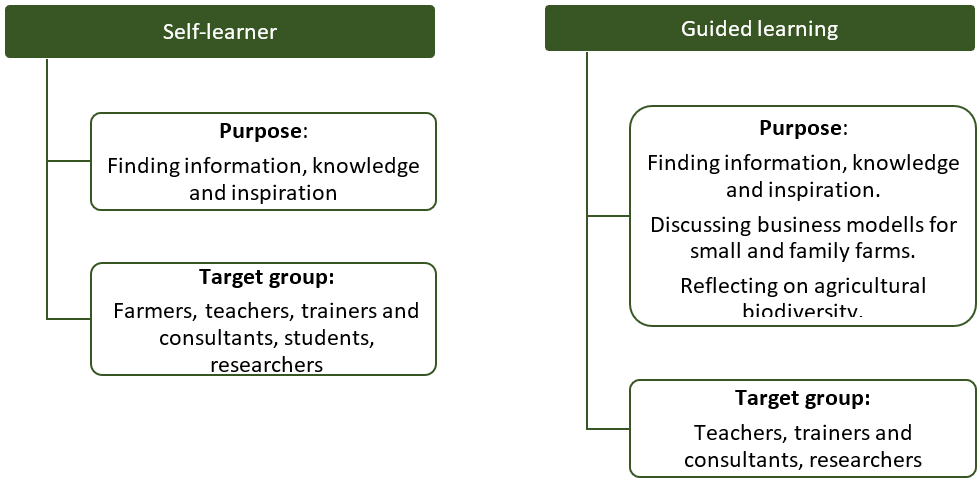
Self-learners have to create their own learning pathway and are responsible for following it in order to achieve learning success. Depending on the learning objectives and prior knowledge, the NMF project team suggest working through module 1, then 2, then 3 and finally the case studies in order to make the biggest use of the learning materials. Short quizzes are a playful approach to remembering the read content supporting the learning process.
Learners with experiences, pre-existing knowledge, or interest in a specific topic are free to select only the learning modules of interest. Figure 2 helps developing individual learning pathways.
The learning materials can also be applied in guided learning situations. Teachers, trainers and consultants can use the materials for group learning. There are several crucial questions that can be discussed like the advantages and challenges of
The case studies show a range of farms that grow old varieties, produce organic and/or products protected based on geographic indication. Guided discussions can be used to reflect the presented approaches. The potential of the different approaches can be assessed based on the advantages or barriers in the specific regional or farm-specific context. Participants can generate valuable insights by discussing what aspects should be transferred from the case studies to the own farm and what needs to be adapted to successfully apply an approach in the own region.
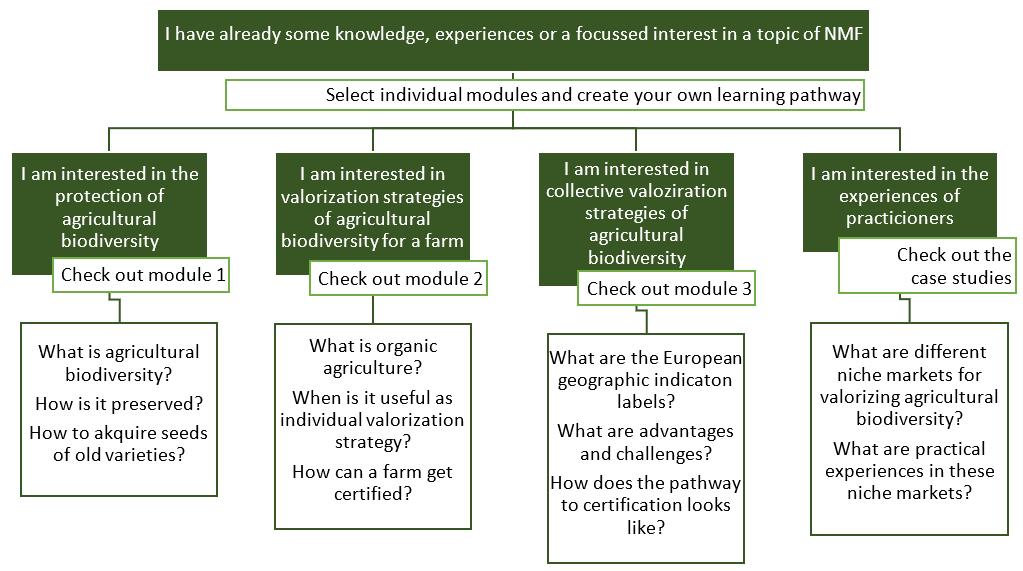
To facilitate the guided learning processes, the NMF team suggests the Six Thinking Hats or Collegial Advice method. However, every teacher, trainer or consultant is free to use and apply the NMF materials in another context or in combination with different methods.
The Six Thinking Hats is a method for group discussion and individual decision-making created by Edward de Bono. In this method, participants approach a problem or decision from six different perspectives or “thinking hats”, each represented by a different coloured hat.
Focusing on the facts, data, and information available
Considering emotions, intuition, and feelings
Identifying potential problems, risks, and criticisms
Seeking out benefits, opportunities, and positive aspects
Encouraging creativity, brainstorming, and new ideas
Managing the thinking process, summarizing, and synthesizing
By adopting each hat, individuals can focus on a specific aspect of the problem or decision, promoting a well-rounded and comprehensive discussion. The method helps to reduce bias, promote critical thinking, and increase collaboration and productivity. It is particularly useful in group settings where multiple perspectives need to be considered. Therefore, it can help assessing the possibilities of Niche Markets and their benefits for small and medium farms and for the preservation of agricultural biodiversity.
The method of Collegial Advice is a professional development technique that involves seeking out advice and feedback from colleagues in a supportive, non-judgmental environment. It can be used to enhance individual skills and knowledge and collaboration.
The process starts with a structured discussion or presentation of the NMF case studies or materials. Additionally, a farmer can present the own situation and first thoughts on how to apply the presented ideas from the NMF materials at the own farm.
Colleagues then provide feedback, suggestions, and ideas based on their own experiences and expertise. The focus is on providing constructive criticism, rather than personal opinions or biases.
One benefit of the method of collegial advice is that it promotes ongoing learning and professional growth. It allows individuals to gain insight into different perspectives and approaches to problem-solving. Additionally, it can lead to improved communication and collaboration among colleagues.

Funded by the European Union. Views and opinions expressed are however those of the author(s) only and do not necessarily reflect those of the European Union or the European Education and Culture Executive Agency (EACEA). Neither the European Union nor EACEA can be held responsible for them.

This license enables reusers to distribute, remix, adapt, and build upon the material in any medium or format, so long as attribution is given to the creator. The license allows for commercial use. If you remix, adapt, or build upon the material, you must license the modified material under identical terms. CC BY-SA includes the following elements: BY: credit must be given to the creator. SA: Adaptations must be shared under the same terms.
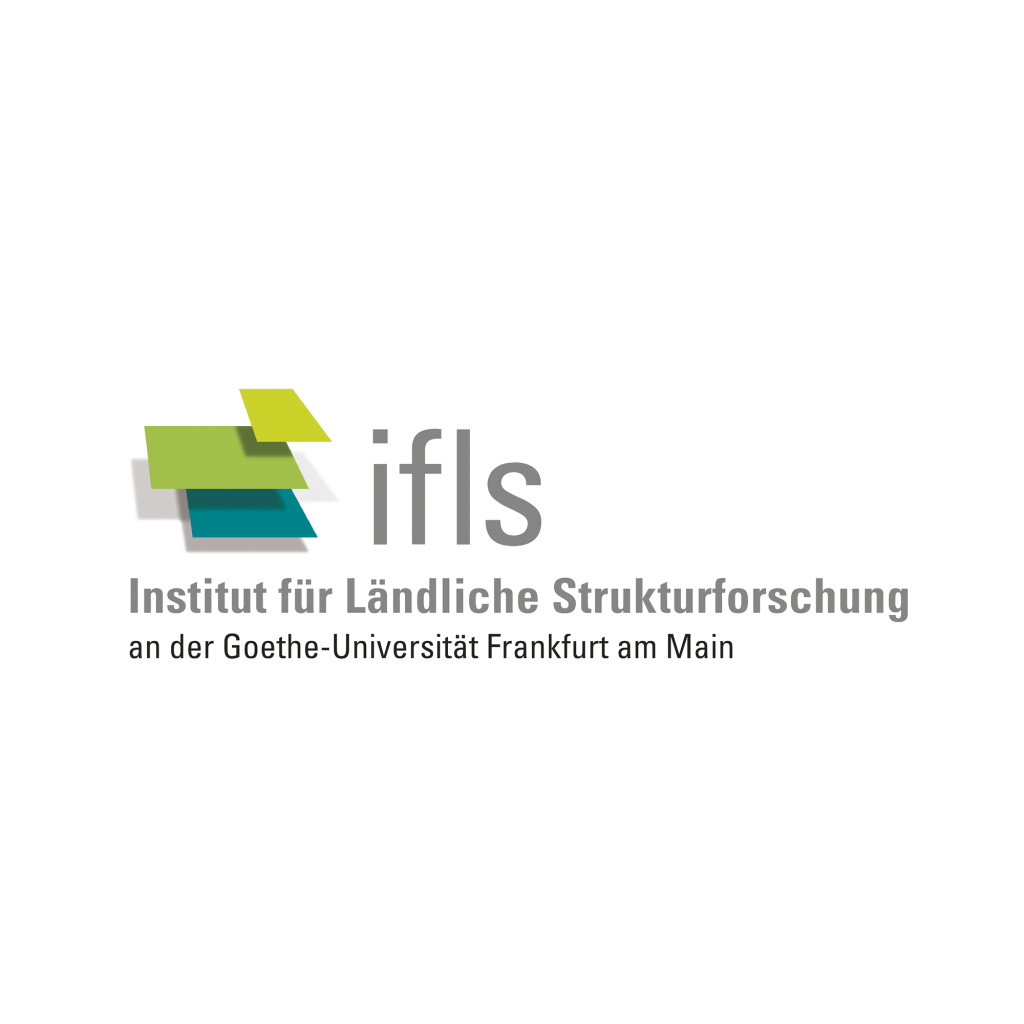
The Institute for Rural Development Research e.V. (IfLS) is coordinating the niche market farming project. IfLS is an independent non-profit research institute at the Goethe University in Frankfurt am Main. It was established in 1956. Since then, it has been addressing issues in the field of agriculture and rural areas in Germany and Europe. With a long record of projects focusing on sustainable land use and sustainable regional development, IfLS has been working closely with farmers, trainers and consultants and advisory services as well as researchers. A team of around 13 researchers and advisors supported by project assistants and administrative staff are currently managing and implementing around 30 projects.

HuL is a private SME located in Southern Germany, Bavaria.
These are the main business pillars:
HuL is giving inputs to current research, through keynote speeches in universities/ farmers federations/ political parties/ etc. HuL is in steady contact with agricultural and rural research institutes and alliances.
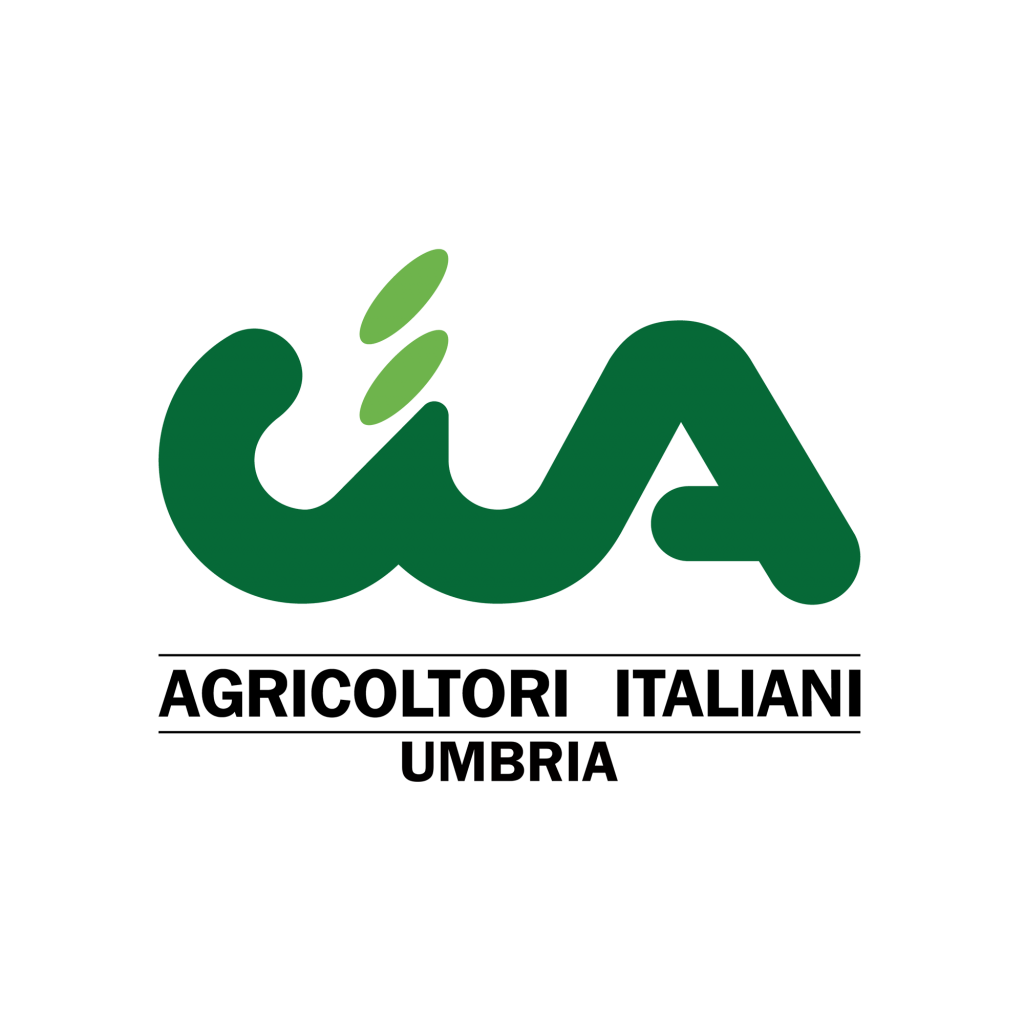
CIA Agricoltori Italian (Italian Farmers) of Umbria, established in 1977 is an organization independent of political parties engaged in developing agriculture and rights of farmers in the society.
It is a part of the national organization based in Rome, with more than 900,000 members at national level, a representative office in Brussels, member of the European institution COPA-COGECA and a national and local magazine CIA INFORMA.
CIA of Umbria has a membership of about 14,000 members, 16 offices in the main towns and a central regional office in Perugia.
It consists of trade and product associations, institutions and companies which meet all sorts of emerging requirements of farmers and rural enterprises. CIA also includes important specific associations such as Young farmers Association (AGIA), Donne in Campo, constituted of female entrepreneurs, Turismo Verde Umbria, with more than 150 agrotourism firms. Services to individuals and businesses are provided by Cia Servizi all’Impresa. CAF is an institute providing fiscal assistance to the farmers and INAC is dedicated to the social security assistance.
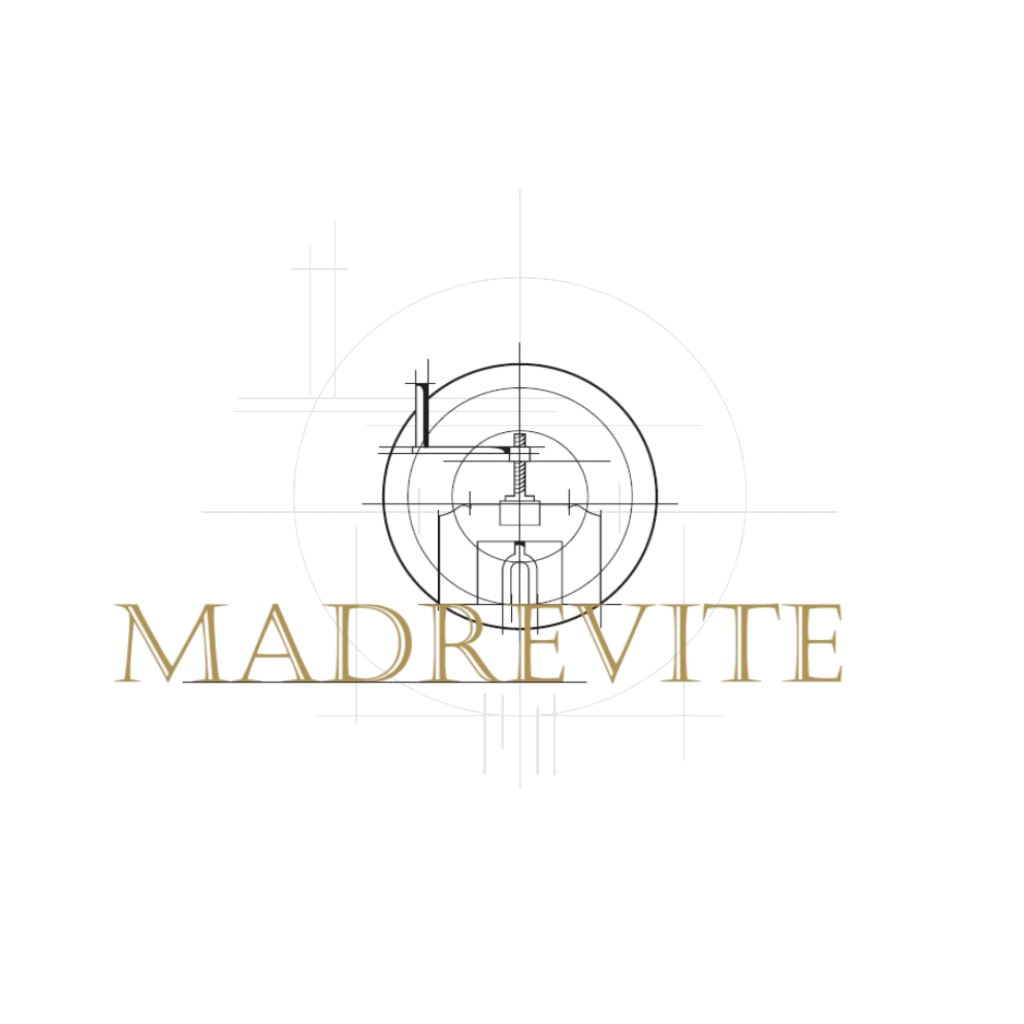
The farm Madrevite has developed since three generations its own production of wines, extra-virgin olive oil, cereals and legumes, including the famous local species “Fagiolina del Trasimeno”, Vigna unguicolata L. Walp., with its own firm packaging, for local, national and international market. The farm core business is viticulture and wine production. The land properties, located in the hills surrounding the Lake Trasimeno and Lake of Chiusi, are historical rural settlements that preserve, still intact, archaeological remains from Etruscan and Roman times.
In this area, a natural and virgin oasis, vineyards with precise and unique characteristics has its roots. The conformation of the area acts as a thermal flywheel creating a unique microclimate, with good temperature ranges, that give freshness and longevity to the wines, with mild winters and hot but windy summers, optimal conditions for the development of viticulture. The grapes are local varieties adapted to the Trasimeno terroir since a long time: Grechetto and Trebbiano Spoletino, for white wines, and Sangiovese, Montepulciano, Sirah and Gamay Trasimeno, for the red wines. The last one is an old variety of Grenache arrived in the area of Lake Trasimeno five centuries ago. Today the farm consists of about 60 hectares – 12 of which are vineyards – which extend over three different hills and woods on the border between Umbria and Tuscany; it is the territory where the owner, Nicola Chiucchiurlotto, was born and that he wants to contribute to develop. This is why the farm is currently in organic conversion: because to be organic means to make an act of love, it means to believe in an ethical and sustainable approach, for the owner and for those who will come in the future.
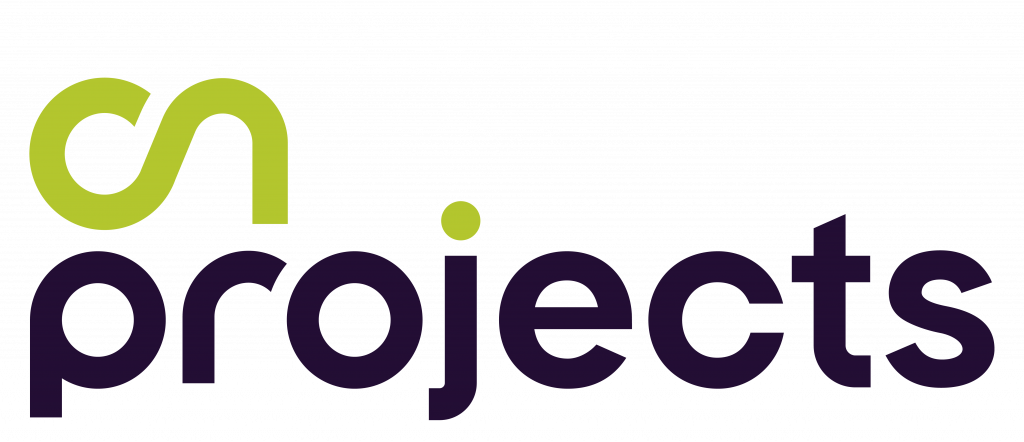
On Projects was born in 2014 as a project managing consulting enterprise. Its main focus is advising enterprises, associations, public bodies and other entities in managing, monitoring and disseminating public funded projects. On Projects staff has a wide experience in managing projects in the framework of many European Programmes (including 6th and 7th framework programme, Horizon 2020, Life, Progress, Culture, Media and Creative Europe programmes, Youth in action and of course LLP and ERASMUS+) with a special focus on education, culture and heritage, social integration domain and rural development.
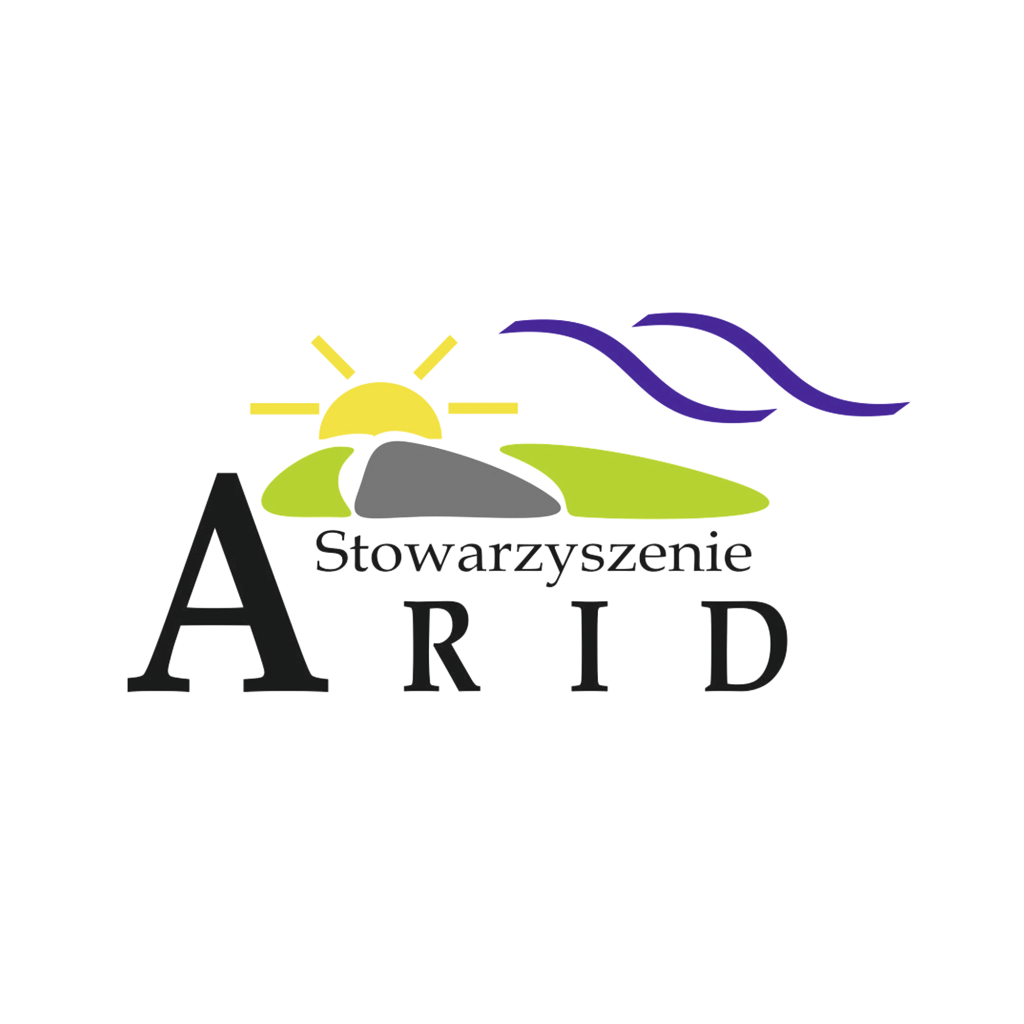
The Association of Regional Initiatives Development (ARID) is a private non-governmental organization oriented to the promotion and development of lifelong learning. The Association specializes in vocational education (VET), but also, in line with the idea of lifelong learning, provides training for adults.
In addition, the Association cooperates with a number of professionals (e.g., beekeepers, teachers, farmers, agricultural advisors, social workers, prison staff, caregivers of the disabled, etc.) and public and private institutions from various sectors (e.g., universities, research institutes, the prison inspectorate, agricultural advisory centers, schools for disabled children, etc.).
At Niche Market Farming we take the protection of your personal data very seriously. Our purpose is to protect the privacy of the data you provide us and to comply with the current regulations on the protection of personal data.
In compliance with the Act 3/2018 of 5 December on the Protection of Personal Data and Guarantee of Digital Rights transposing Regulation (EU) 2016/679, we inform you of the following information about our privacy and data protection policy:
The organization responsible of your data is Institute for Rural Development Research. This is an Institute located in Frankfurt, Germany.
The legal basis for the treatment of your data is the consent of the data subject under article 6.1 a) of the Regulation, as well as the legitimate interest of the data controller under article 6.1 f) of the Regulation.
The data we request from you are adequate, relevant and strictly necessary and in no case are you obliged to provide them to us, but their non-communication may affect the purpose of the service or the impossibility of providing it.
Your data will be kept for the time required for the proper provision of the service offered, as well as to meet the responsibilities that may arise from it and any other legal requirement.
While processing your data, Institute for Rural Development Research may share your data with:
On Projects Advising SL, as web management and maintenance service providers.
The controller retains the right to restrict the rights set forth in Article 23 of the EU Regulation, if such restriction is provided to safeguard, in particular fundamental rights and freedoms and is a necessary and proportionate measure.
If any interested party considers that their data are not being treated correctly, they can send their complaints to the following e-mail address; office@ifls.de.
The data subject declares to have acquired all this information.
A cookie is a file that is downloaded and executed on your computer, phone, or mobile device when you access certain web pages. Cookies allow a website, among other things, to store and retrieve information about user’s browsing habits and recognize the user depending on the information they contain and the way they use their computer.
Cookies do not harm your computer and are necessary to facilitate navigation.
Cookies are necessary for our website to work properly. The purpose of our cookies is to improve the user’s browsing experience. They can be used to remember your preferences (language, country, etc.) during navigation and on future visits.
The information collected in the Cookies also allows us to improve the website and adapt it to the individual interests of users, speed up searches, etc.
Analysis Cookies: These, if they are used properly by us or by third parties, allow us to quantify the number of users and thus perform the measurement and statistical analysis regarding the users’ usage of our service.
Our cookies do not store information about your personal identification, address, password, credit or debit card details, etc.
The information stored in the website’s cookies is used exclusively by us, apart from those identified below as “third party cookies”, which are used and managed by external entities to provide us with services to improve our own services and the user’s experience when browsing our website.
Third party cookies are mainly used to obtain statistics and to guarantee the payment operations are carried out.
Yes, firstly, you must disable cookies in your browser and, secondly, delete the cookies stored in your browser associated with this website.
You can restrict, block, or delete cookies from this website at any time by modifying your browser settings. This setting is different for each browser. For more details on the configuration of cookies in your browser, please consult your browser’s “Help” menu.
It is possible that some of the website’s features may no longer work if you disable cookies.
These Cookies are used to identify the user during the session, prevent the user from having to repeat authentication processes on the website, speed up some website processes, remember selections made during the session or on subsequent accesses, remember pages already visited, etc.
COOKIES
PURPOSE
DURATION
MANAGEMENT
User identification
They are used to identify and authenticate the user. They also contain technical data from the user session, such as connection timeout, session identifier, etc.
Session
NMF
Session identification
They identify the user’s http session. They are common in all web applications to identify requests from a user’s session.
Session
NMF
Navigation status
They help identify the user’s browsing status (login, first page, first access, scroll status, voting status, etc.).
Session
NMF
These Cookies obtain generic information about users’ accesses to the website (not the content of the same) to subsequently provide us with information about these accesses for statistical purposes.
COOKIES
PURPOSE
DURATION
MANAGEMENT
Google Analytics (__utma, __utmb, __utmc, __utmd, __utmv, __utmz, _ga…)
They allow website statistic’s tracking through the Google Analytics tool, which is a service provided by Google to obtain information about user access to websites. Some of the data stored is: number of times a user visits the website, dates of the user’s first and last visit, duration of visits, from which page the user accessed the website, which search engine was used or which link was clicked, from which part of the world the user accessed the website, etc. The information generated by the cookie about your use of the website will be directly transmitted and stored by Google Inc (a company located in United States). The configuration of these cookies is predetermined by the service offered by Google, so we suggest you consult the Google Analytics privacy page, for more information on the cookies it uses and how to disable them (keep in mind that we are not responsible for the content and accuracy of third-party websites).
Persistent
Third Parties